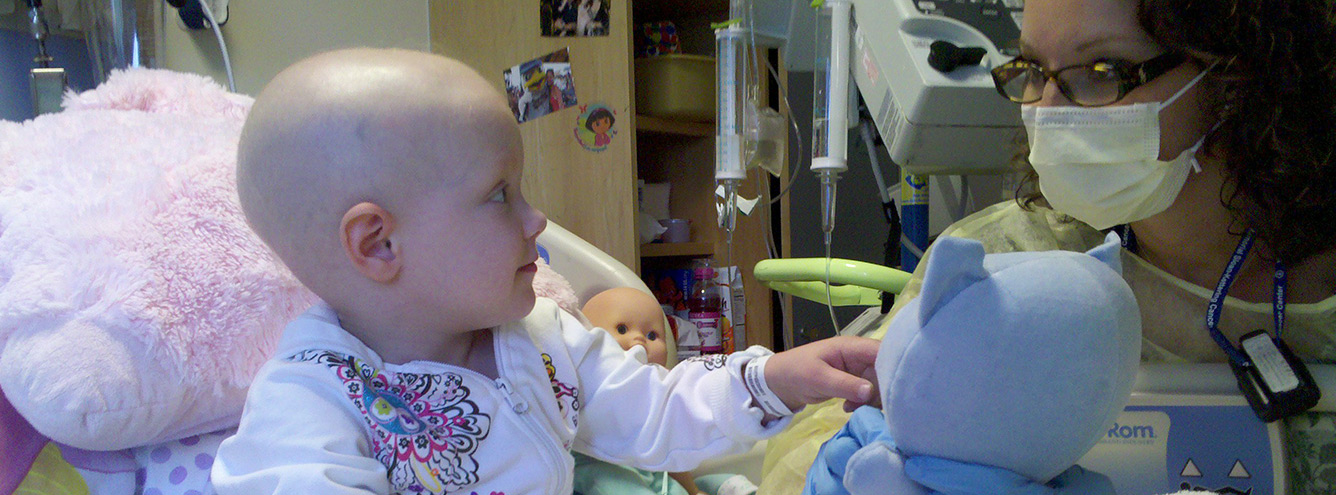You will be asked to sign a consent form before each procedure, giving permission for it to be done.
As your child’s most important advocate, it is vital that you understand why a procedure is being done, what it will involve and about the risks and benefits to your child.
Informed consent means you clearly understand about the procedure when you sign the consent form.
Be Informed
Understanding procedures will help you stay calm, prepare and support your child and ask appropriate questions about the results. So be active in seeking the support you need to prepare for and cope with your child’s procedures.
You should be given information about the procedure before it happens, either by the doctor or nurse, often in a combination of verbal conversation and printed materials. If you don’t understand what you have been told, ask for clarification. Cancer treatment is complex, and many people need repeated explanations.
In this section, we describe common procedures for children with retinoblastoma. Hospitals have Standard Operating Procedures (SOPs) for medical procedures, and these differ slightly between centres, and even between departments within the same hospital.
The descriptions provided here will give you a general overview, and help you to prepare yourself and your child. Click the links in the left menu to learn more about specific procedures.
The Consent Form
You should be given the consent form to review before signing it. Ask to take the document home if you nerd more time to read and think about it.
Unless this is an emergency procedure requiring immediate action, you should not sign the form until you fully understand all the benefits, risks, and possible side effects of the procedure.
If you choose not to pursue a particular treatment, you do not have to give a reason. However, explaining your reasons to the doctor or nurse can help them understand your concerns so they can give the best advice to protect your child.
Ask Questions
You have a right to full knowledge about your child’s medical care, and asking questions is the best way to gain a clear understanding of what will happen and why. Here are some questions to ask the doctor or nurse.
- Why is the procedure being proposed?
- What information do you hope to gain?
- How soon will we know the results?
- How will the results affect treatment?
- Who will perform the procedure?
- When will It be done? (time of day is important if eating is restricted)
- Will it be done in an outpatient clinic, day ward or inpatient?
- Will my child need to fast before the procedure?
- Exactly what will happen during the procedure?
- Will my child experience pain or discomfort? If so, when and for how long?
- Will pain medication be given?
- Will my child be anaesthetised or sedated?
- Are there any risks, and if so, what are they?
- Are there any side effects? If so, what are they? (common and rare)
- Is there a child life specialist who can help before and during the procedure?
- How can I prepare my child?
- Where can I find more information?


